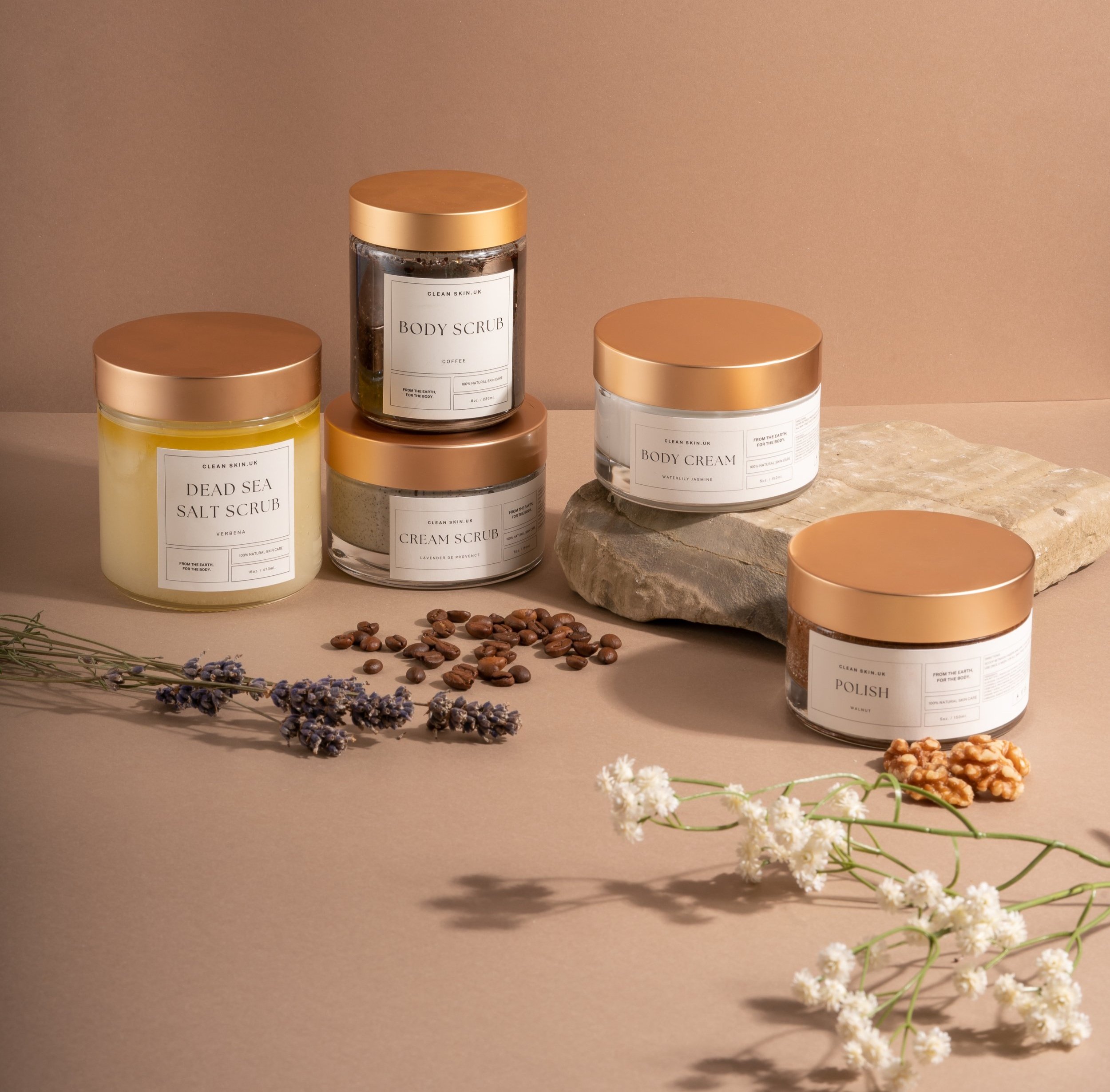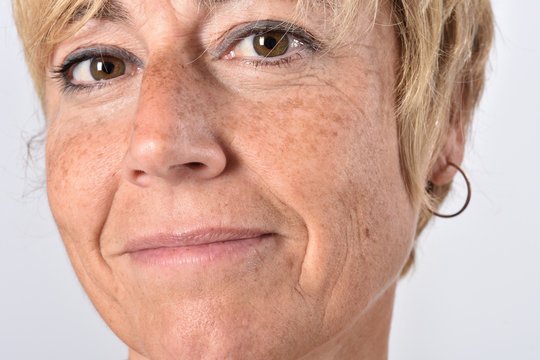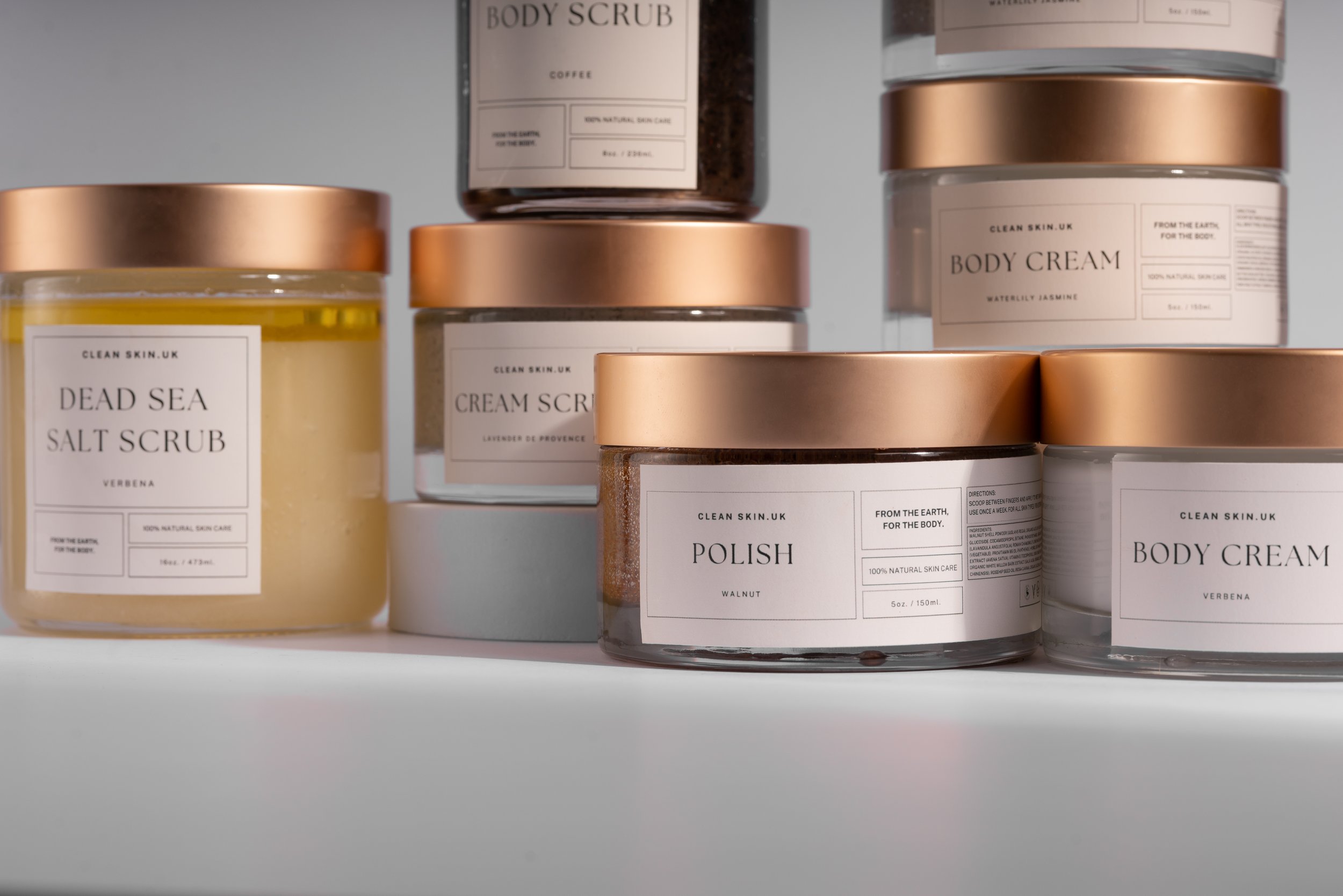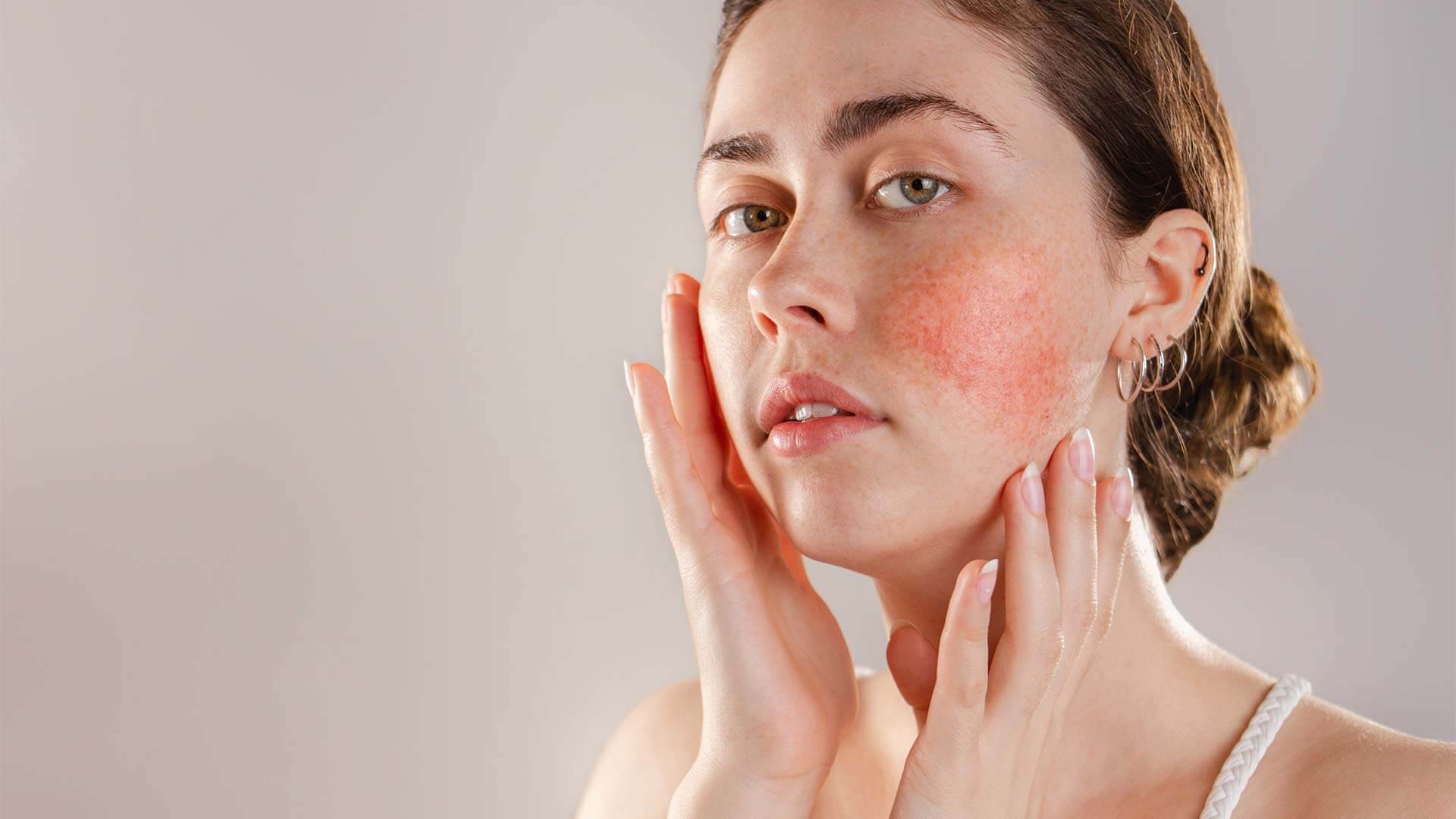
How To Reduce Skin Damage
Skin damage is sometimes unavoidable, inevitable because our skin is like every other part of the body. Dermatologists believe that our skin starts ageing at 25. Most of us don’t notice these minor changes, but fine lines start appearing as we age.
Therefore, it is essential that we begin having a skincare routine at a very young age, so we can minimise any potential damage that can happen either with age or due to pollution.

Maintain Glowing & Healthy Skin As You Age
Ageing is inevitable, but that doesn’t mean you have to accept poor skin quality as you get older. While it’s impossible to prevent every single fine line, wrinkle, and discolouration spot, you can prevent a lot of them from ever happening with the right skin care regimen early on in life.

Healthy Skin Tips For Women
Our faces are often one of the biggest ways we can express ourselves out in the world, and for many women, that means ensuring healthy, glowing skin. Especially if you feel youthful in your mind, you might find that you want your face to reflect your inner feelings!

Tips For Healthy Skin For Men
The skincare industry is notorious for marketing towards women exclusively for many, many years. Recently, it became more socially acceptable for men to admit that they have an interest in taking care of their skin, too.
While hygiene and taking care of your body are not at all “feminine-only” activities, for a long time, it was seen as un-masculine to care about those things openly. Nowadays, there exist plenty of skincare products for people of all genders.

How To Have Healthy Skin-The Ultimate Guide
Many of us strive to have healthy, glowing skin, but somehow we find it difficult to obtain and maintain. There are a few common reasons why people experience skin problems and there are even more tried-and-true ways to combat them.
Help your skin look and feel its best with these helpful tips!

How To Choose An SPF Product For Oily Skin
The sunscreen industry has really stepped up its game in the past few years, leading to the development of specialized SPF skincare for any skin type!
If you have oily skin, finding the right product that will both provide protection from harmful UV rays and keep your skin looking satiny instead of greasy is important.

How To Choose An SPF Product For Dry Skin
Dealing with dry skin can make it difficult to choose skincare products that work well. When dealing with SPF, it’s important to get an effective product that doesn’t make dry skin worse and feels comfortable on the skin (so that you’ll actually want to use it every day!).
Thankfully, there are many different formulas of SPF products out there to choose from these days. You should be able to find a product that works for you with ease as long as you know what ingredients and qualities you’re looking for.

The Best SPF Products For Your Skin Type
Using SPF in your daily skincare routine is the best way to protect your skin from irreversible damage. Even if you aren’t spending the day in the sun, you are likely still getting sun exposure. Think about it: you have natural light coming in through your windows at home or in the car, and if you walk outside for even a few moments you are directly exposed to the sun.

Don’t Let Acne Problems Stop You From Wearing SPF
Sun protection is one of the most important things you need to provide for your skin. On a daily basis, we should all be applying sun-protective lotion to avoid irreparable damage from the sun’s rays.
The issue you might find, if you have acne-prone skin, is that many products that contain SPF also cause acne breakouts. Finding the balance between a safe and effective product, and one that doesn’t cause skin problems to flare up is possible!

How To Choose the Right Sunscreen: NHS Guidelines
Summer is soon going to be at its peak, and although it's recommended to use sunscreen every day, it becomes even more crucial during this season due to longer days, stronger sunlight, and more opportunities to spend time outside.
One of the most forgotten skincare habits is also the most important one to follow on a day-to-day basis. Sun is necessary for vitamin D but going out without sunscreen can damage your skin a lot more than we can think of.

In The Dark About Dark Spots? How To Prevent And Treat Discoloration
Dark spots are known by many names: hyperpigmentation, melasma, age spots, liver spots, Solar lentigines, sunspots, and perhaps even more!
While all of these things are indeed dark spots that appear on the skin, many of them occur in slightly different ways.
In order to know how to prevent dark spots, you need to know which type you are personally susceptible to. The methods of prevention and treatment are similar across the board, with minor tweaks here and there.
So, let’s discuss where dark spots come from, so you can learn how to prevent and treat them!

What Causes Age Spots?
Age spots are also known as sunspots. You might also know them as liver spots because, way back when, it was believed that the presence of these little marks indicated trouble with the liver. We now know that that’s not true, but the name lives on.
They typically occur in people aged 50 or older because they take many years of repeated sun exposure to form. Hence: age spots!
There are a few steps you can take to prevent age spots from occurring, and if and when they do show up, you have some options for fading them as well!

Healing Hyperpigmentation On The Face And Body
Dark spots, or hyperpigmentation, are a common skin problem faced by a huge amount of the population. It’s not a condition or disease, it’s simply a term that is used to describe skin that is darker than normal for that specific person.
While it is indeed normal and widespread, and not usually anything to worry about medically, it can be annoying and even affect your self-esteem. Wanting to rid yourself of hyperpigmentation doesn’t mean you don’t love yourself or the way you look, it simply means you want to change your aesthetics to match what you want to put out into the world!

Acne Problem? How To Identify, Prevent & Heal Acne
Acne is a worldwide problem that can affect anyone of any age and gender. Even babies can sometimes be born with acne! Although theirs usually clears up on its own.
Sometimes acne is simply annoying and perhaps unsightly. In more severe cases it can be painful and leave scars. In extreme cases, it impacts the quality of life, making the unlucky person’s skin feel painful even when they aren’t touching it and impacting their self-esteem.

Skincare Products For Skin Diseases
People with skin diseases, skin conditions, and skin disorders can find it frustrating and difficult to find skincare products compatible with their skin. After all, many skincare products are meant for average skin with the only difference being that it’s either dry, oily, sensitive, or acne-prone.
But what if you have a different skincare need than the average person?

Skin Care For Normal Skin Type
Although hands down the luckiest and most desirable of all skin types, having normal skin doesn’t mean you should neglect your skincare routine!
Even the healthiest of skin can begin to decline if not maintained. While normal skin requires a less particular regimen, using the correct products for this skin type is still necessary to retain optimal skin health.

How To Care For Acne Prone Skin
Acne - especially body acne - can happen in conjunction with any skin type. As you might guess, it’s most common with oily skin.
But acne can also show up with dry skin, sensitive skin, or even normal skin! Acne is a common occurrence in human skin (and even many animals). But, just because it’s common doesn’t mean that it’s wanted.
Thankfully there are many methods and products available to help treat acne-prone skin on both the face and body.

Oily Skin Type? Get Rid of Grease And Keep Glowing with these Products
Oily skin can be frustrating to work with, to say the least. If you have ever felt like you’ve scrubbed and scrubbed only to be left with even more oil on your skin as a result, you’re probably right.
It may seem counterintuitive to think that cleaning more results in worse skin, but that’s how it works!

Is Body Scrub Good For Sensitive Skin?
When researching body scrubs for sensitive skin, you are likely to find a lot of reports that say it should be avoided at all costs. While it’s true that sensitive skin needs some extra TLC that other skin types may not, the belief that scrub can’t be used at all is false.

Dark Spots & Hyperpigmentation? Body Scrubs can help
Dark spots and hyperpigmentation are common sources of frustration for millions of people. They can appear on the skin due to sun damage; trauma from acne, ingrown hairs, or other injuries; allergic reactions; side-effects of medication; and even changes in hormones. Genetics can play a huge part in how susceptible to hyperpigmentation you are.
There are a few different methods for tackling these issues, but today we are talking about how body scrubs and physical exfoliation can help with dark spot removal.
